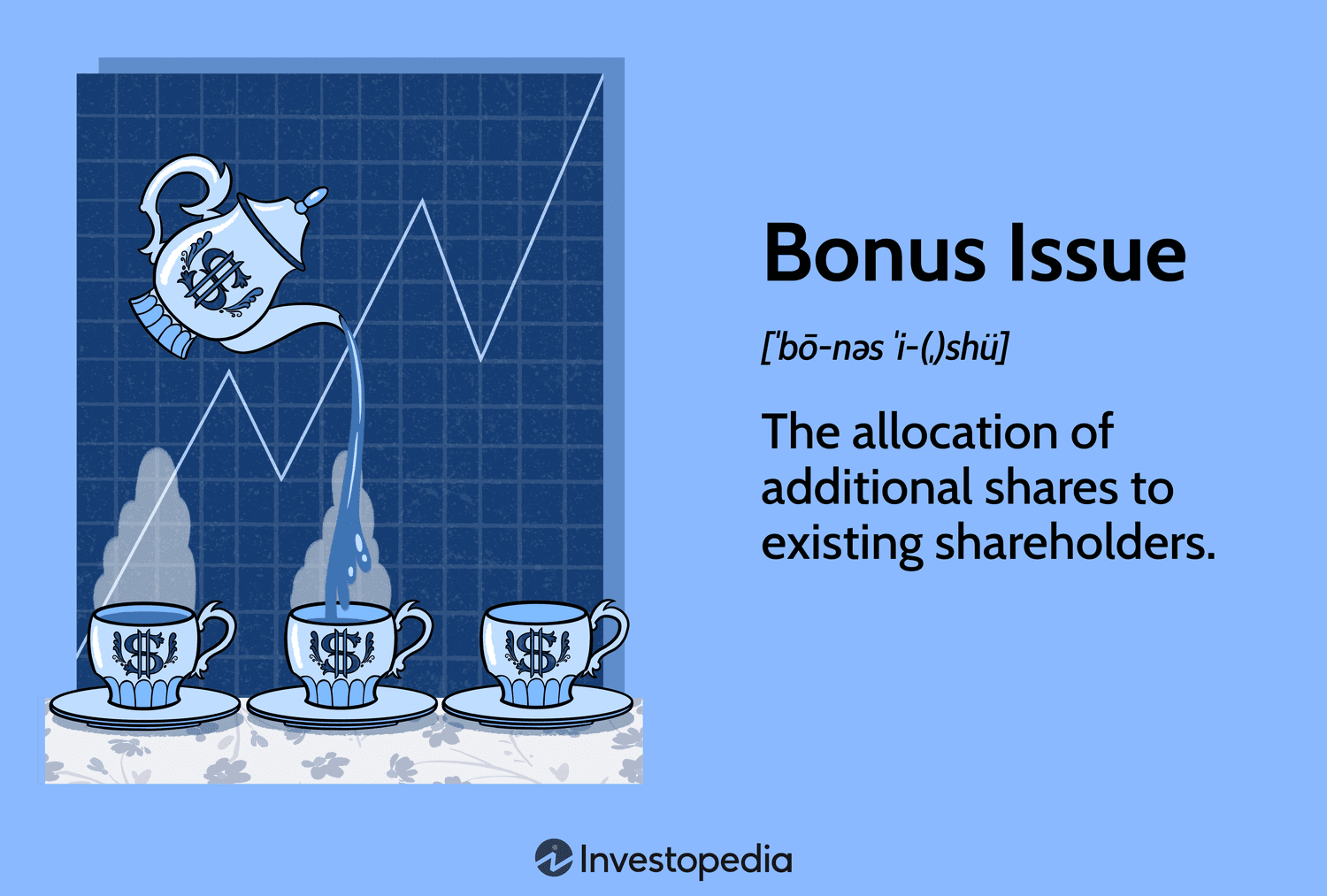Investing in the stock market often brings opportunities for growth and profit. This also includes the possibility of receiving bonus shares. These can be an attractive benefit, adding value to an investor’s portfolio without requiring additional investment. Understanding the implications, especially from a tax perspective, is crucial for any investor.
What Are Bonus Shares?
First, it’s important that you understand what bonus shares meaning is. These are additional shares given to existing shareholders by a company without any extra cost. They are issued based on the number of shares an investor already holds. Companies employ this strategy to reward their shareholders and increase the liquidity of the stock.
These are usually issued from the company’s reserves or retained earnings. This does not involve any fresh infusion of cash from shareholders but rather a reallocation of the company’s resources. These do not alter the overall value of the company or the shareholder’s proportional ownership in the company, although they do reduce the share price proportionally to accommodate the increased number of shares in circulation.
Tax Implications for Investors
The issuance has specific tax implications that investors must consider. Unlike regular dividends, which are taxable in the hands of shareholders, these are not subject to tax at the time of issuance. However, they do impact the tax calculations when the shares are eventually sold.
When these are sold, the capital gains are calculated based on the actual purchase price of the existing ones. This original price, or cost base, is then apportioned between the old and the new shares. This can significantly affect the capital gains tax liability, depending on how long these have been held and the prevailing tax laws.
Short-Term vs. Long-Term Capital Gains
Capital gains from the sale of bonus stocks are categorised as either short-term or long-term, depending on the holding period. If these are held for more than 12 months before selling, the gains are considered long-term and are usually taxed at a lower rate. On the other hand, if these are sold within 12 months, the gains are short-term and typically taxed at a higher rate. Also, the holding period for these starts from the date of allotment, not from the date of the original purchase of the existing shares. This distinction is crucial for investors planning their exit strategy to minimise tax liabilities.
Impact on Wealth and Portfolio Management
While these enhance the number of shares held by an investor, they do not directly increase the investor’s wealth. The market value of the investment remains unchanged immediately after the issuance as the share price adjusts to reflect the increased number of shares. However, the increased liquidity can potentially benefit investors by making it easier to buy or sell without affecting the stock price significantly. Investors should integrate the receipt into their overall portfolio management strategy. Rebalancing the entire portfolio to maintain desired asset allocation may be necessary, and the adjusted cost base should be factored into future investment decisions.
Adjustments in Cost Base
The cost base adjustment for bonus shares is another important aspect to understand. When these are issued, the cost of the original is distributed over both the original and the bonus ones. This means that the purchase price of the original is split between the original and the bonus for tax calculation purposes.
It is important for traders to learn the bonus shares meaning because they present a unique opportunity for investors to increase their shareholding in a company without additional cost. Understanding the tax implications is vital to making informed decisions and optimising the benefits of such corporate actions. The key is to recognise that while the shares themselves are not taxed at issuance, their impact on capital gains tax requires careful consideration. Proper management and strategic planning can help investors navigate these implications effectively, ensuring that the addition contributes positively to their overall investment goals.



